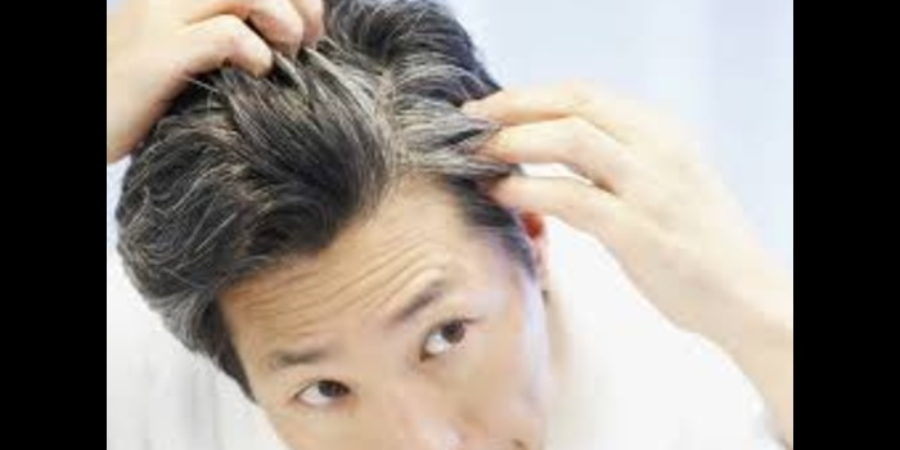

As we become older, gray hair is typical. However, a reduction in melanin production can also be the cause of early onset graying. Because pigmentation is the source of hair color, maintaining appropriate melanin levels is necessary if you want your hair to always be glossy and black. Let's examine how to preserve this melanin.
What is Melanin?
We assign skin tones to different parts of the body. Melanin is the chemical that determines skin tone. It also gives the hair its natural color. It's important to preserve the melanin in the hair. Melanocytes are the source of melanin. These are pigment-producing specialized cells. These can be found in the hair roots or follicles beneath the scalp's surface.
Reasons for Hair Melanin Loss
Our hair's primary pigment is melanin. It shields it from the damaging UV rays of the sun and prevents it from drying out and breaking. This explains why gray hair that has very little melanin in it frequently has a brittle texture. The ability of melanocytes to produce melanin weakens with age. It should come as no surprise that constant exposure to black melanin pigments weakens one's hair, which ultimately and naturally causes the hair to turn white.
Genetics
Hair graying, also referred to as premature aging, is a frequent condition that can affect younger individuals, including children, due to melanin loss in the hair. Premature gray (or white) hair tends to be genetic and caused by an autoimmune disease.
Does sun exposure result in gray hair?
Not shielding the hair from UV light is a crucial component of preserving melanin levels. Melanin, the pigment that gives hair its color, can be lost and hair damage can result with prolonged sun exposure. Hair color can be preserved by wearing a hat, umbrella, or other UV protection.
Stress
By enhancing blood flow to the hair follicles, scalp massage can boost the production of melanin. Stress can be decreased by engaging in yoga and meditation. Modifications in lifestyle and effective stress reduction can benefit hair health. This is because long-term stress can prevent your hair from producing melanin by causing your body to emit too much cortisol.
Chemicals
Steer clear of chemicals and aggressive hair treatments. The use of chemical treatments, hair colors, hair straighteners, and other products can harm hair. The synthesis of melanin is also impacted. Serious hair damage can be avoided by using natural hair care products.
Healthy foods
Sufficient nourishment is essential for the growth of healthy hair. Melanin synthesis is significantly influenced by a number of vitamins and minerals. Creating a diet high in vitamins A, B, and minerals like zinc and copper can benefit both the body and the hair. These prevent damage to the hair and enhance its nutritious qualities.
It has been discovered that the vitamins B6 and B12 boost the synthesis of enzymes in the hair follicles that speed up the metabolism of hair proteins. Cobalamin, another name for vitamin B12, increases the synthesis of red blood cells, which in turn supports healthy hair development. Thus, a good way to boost melanin in hair is to include things like beetroot, broccoli, sprouts, eggs, salmon, cheese, soy products, starchy vegetables, etc.
Skin and hair can be harmed by an excess of melanin cells. Elevated quantities of melanocyte cells, which produce melanin pigments, may result in skin hyperpigmentation and patches. Thus, before introducing extra vitamin D, calcium, or antioxidant-rich foods and supplements into your diet, speak with your doctor.
